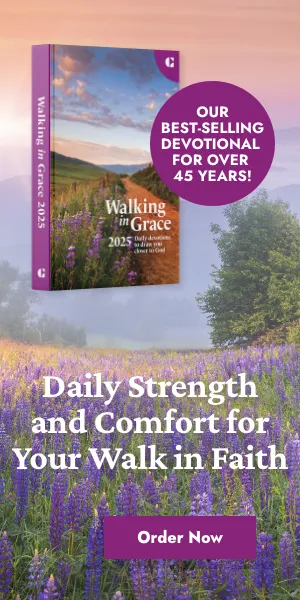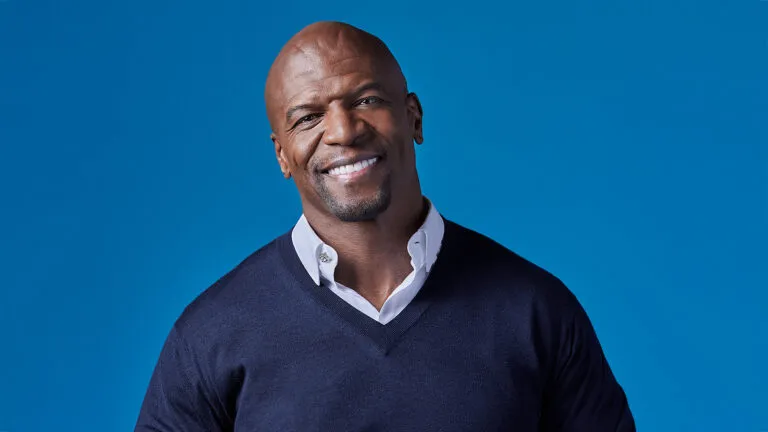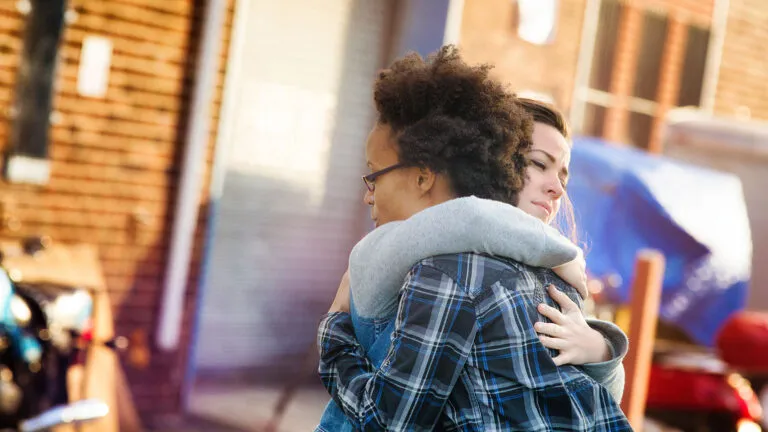There has been a spate, it seems, over this last summer of single digit years, of people who lived public lives and therefore died public deaths. Walter Cronkite, Farrah Fawcett, Michael Jackson, Ted Kennedy, the author and TV personality Dominick Dunne. In one way or another they all joined our lives at some juncture.
Growing up in Motown I remember Michael Jackson bursting onto the scene and not being a fan of his at first because I was a Little Stevie Wonder loyalist (though by then he was about six feet tall). And I bet there are a lot of forty-something women out there who still have their Charlie’s Angels book bags and lunch boxes hidden away somewhere. Am I right?
But it is Senator Kennedy’s death that seems more like the end of an era and not just the passing of a public man. Much of this country grew up in the Age of the Kennedys. Love them or not, they are a public family devoted to public service. It would be hard to imagine a big chunk of the 20th century without them, from patriarch Joe to youngest Teddy. And let’s not forget Jackie.
I remember watching the steamy August 1960 Democratic convention with my parents from a rented beach house in Stone Harbor on the Jersey shore and seeing tears in their eyes when Jack finally won the nomination. Those tears returned in full a few months later at JFK’s inauguration. They could hardly believe that an Irish Catholic had been elected president. My parents were of a generation that still remembered seeing “no Irish need apply” stamped at the top of want ads in the paper and on signs on storefronts. They assumed that sign hung on the White House as well. And for a long time it had.
The day that everyone remembers is that day in Dallas just a few years later, the day the country and the Kennedy family took a terrible blow I don’t think either ever fully recovered from. Then there was Bobby’s assassination in that hotel kitchen in L.A. the night he won the California primary in 1968. This time it was me who was crying because Bobby was the first Kennedy I could really relate to—his passion and his poetry connected with my 14-year-old idealism.
Meanwhile young Teddy, new to the Senate in 1964, had nearly died in a small plane crash, incurring a back injury that would plague him a lifetime. Later he drove a car off a bridge one dark night on the island of Chappaquiddick, an incident that cost a young woman her life and would haunt the rest of Ted’s political life. Indeed at times it seemed the Kennedy family itself was haunted by tragedy, much of it self-inflicted.
Author Joe McCarthy eulogized President Kennedy in a best-selling book entitled Johnny, We Hardly Knew Ye. Teddy would be the one Kennedy brother we would get to know…too well, at times, you might agree. Yet he was the one brother we also got to see grow, as a man and as a politician. Whether you jibed with his politics or not, Teddy left an enormous legislative legacy, one that helps the poor and the powerless more than anyone. It was in the championing of those causes I believe Teddy Kennedy sought a deeper connection to his faith and redemption from his failures and demons and then finally the sanctuary he was blessed with in his marriage to Vicki. Uncle Teddy became the unlikely patriarch.
He was a complex man who lived in controversy. But when you think about it, if most of our lives were opened up for public inspection things would look pretty messy too. It’s just that the Kennedys lived on the high wire of American politics and culture.
My last real Kennedy memory was being back in Philadelphia to bury my mother on the Saturday they found the wreckage of John Jr.’s plane gone missing the night before over the waters off Martha’s Vineyard on the way to Hyannis Port for yet another family wedding, where all things Kennedy seem to lead back to. My mother would have cried at that too, for like so many Irish Catholic moms of that now so distant-seeming era, John-John was her little boy too.
Footnote: I was at a photo shoot the other day when Dominick Dunne’s name came up. The photographer, Jane Wexler, had a story. She had shot Dominick for a magazine article a few years earlier when she mentioned to him—a stranger for all intents and purposes—that her son needed a bone marrow transplant. WIthout a word Dominick pulled a notebook from inside his natty sport coat and started scribbling. “I’m putting him on my prayer list,” was all he said. Those are the things people really remember us for.
Edward Grinnan is Editor-in-Chief and Vice President of GUIDEPOSTS Publications.




